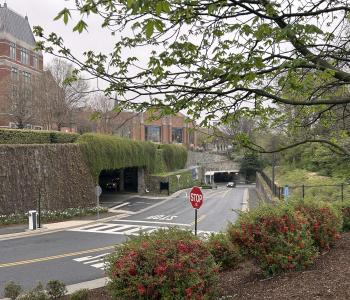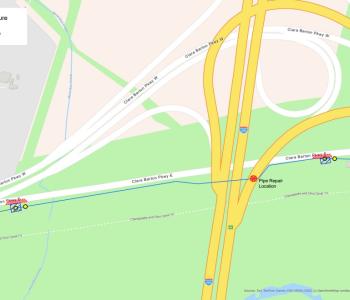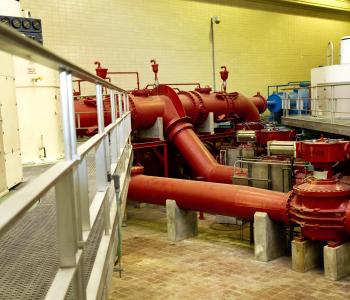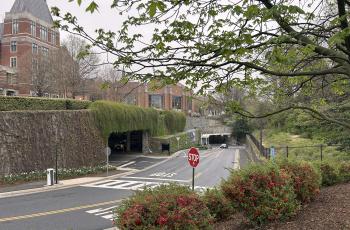DC WASA Board Approves 2011 Budget, Funding Critical Infrastructure and Environmental Protection Projects
(WASHINGTON, DC) The District of Columbia Water and Sewer Authority (DC WASA) Board of Directors has adopted a spending plan for Fiscal Year 2011, addressing critical infrastructure and environmental protection projects.
At its February 4 Board meeting, the Board approved a FY 2011 Operating Budget of $408.1 million and a 10-year Capital Budget of $3.8 billion. The Board also proposed a rate increase effective October 1, 2010. The average residential customers bill would increase from about $51.53 to $60.19, based on consumption of 6.69 Ccf, or 5,004 gallons. Even with this increase, DC WASAs rates remain competitive regionally and nationally.
Safe drinking water and environmentally responsible wastewater treatment are essential to public health, and providing for these services has become increasingly costly, said DC WASA General Manager George S. Hawkins. But we meet almost all of our expenses from our retail and wholesale customers, and those expenses continue to rise.
Those expenses include major costs associated with aging infrastructure and immense projects mandated by the U.S. Environmental Protection Agency (U.S. EPA) for pollution control.
In light of tough economic times, the Board made every effort to minimize rate increases. DC WASA Board Chairman William M. Walker said, This year, the Board took an unprecedented extra month before adopting the budget. We have looked at several budget scenarios, cut a number of costs, and taken steps to ensure the delivery of our critical services while minimizing the economic impact to our residential and wholesale customers.
In addition to the major environmental projects, this years budget also paves the way for a one-percent replacement of aging water and sewer infrastructure per year.
I have visited some of our recent water main breaks, and several of these involved pipes that were installed in the 1800s, Hawkins added. We need to replace pipes before they break, but even at this new, faster rate, it will take us 100 years to reach them all.
More information on the FY 2011 DC WASA budget is available on the accompanying fact sheet or at http://www.dcwasa.com/budget.








